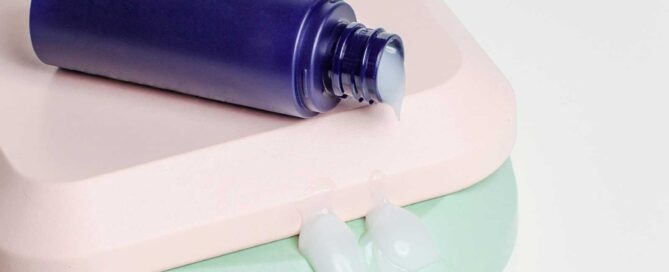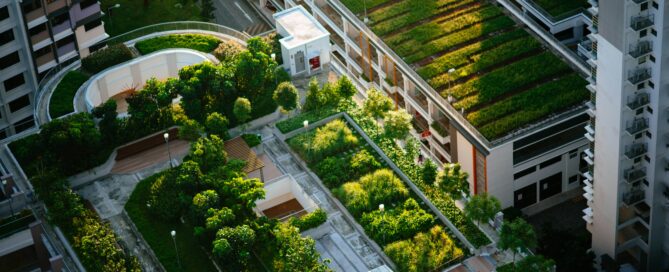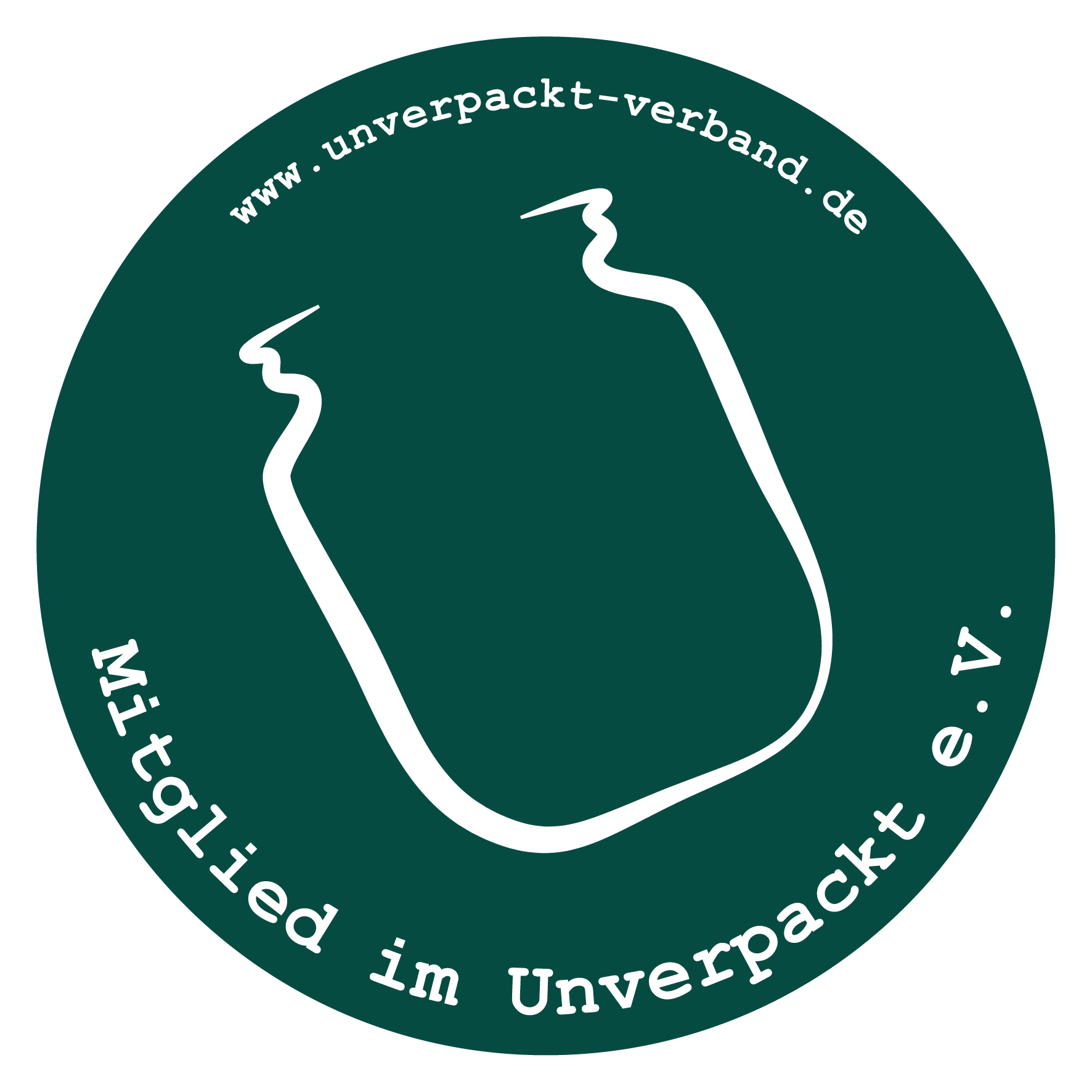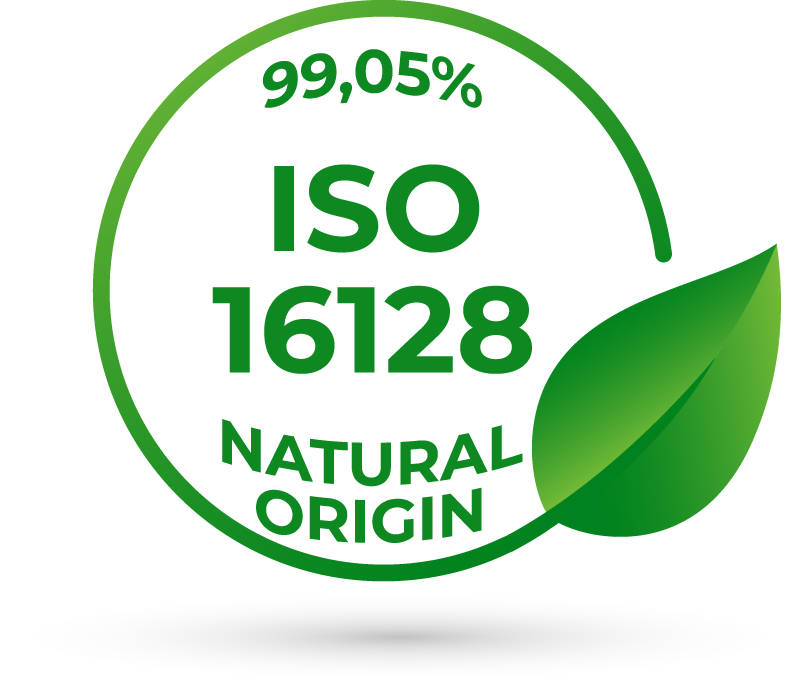Recycling in cosmetics: how can we reuse empty containers?
The importance of recycling in the cosmetics industry The cosmetics industry is a huge market that sells billions of products worldwide every year. This generates large amounts of waste, especially from packaging. From plastic bottles to glass jars and paper cartons - the variety of packaging is huge, but unfortunately a significant proportion of it ends up in the trash. Recycling therefore plays a crucial role in reducing the cosmetics industry's ecological footprint and protecting our environment. In this article, we take a look at how recycling works in the cosmetics industry, creative ways to reuse empty cosmetics containers and tips you can follow to make your beauty routine more sustainable. Why is recycling so important in the cosmetics industry? The packaging of cosmetic products is not only used for protection and hygiene, but also for attractive presentation. However, this packaging is often difficult to recycle as it is made of different materials such as plastic, glass and metal. This makes recycling complex and means that a lot of packaging simply ends up in landfill sites. In Germany alone, tons of cosmetics packaging are disposed of every year - a huge burden on the environment. By recycling and reusing materials, however, valuable resources can be conserved and CO2 emissions reduced. It's not just about avoiding waste, but also about using raw materials responsibly. Every step towards recycling helps to close the cycle and reduce the need for new materials. This saves energy and reduces the environmental impact. Creative ways to reuse empty cosmetics containers Empty cosmetics containers don't necessarily have to end up in the bin. With a little creativity, a lot of packaging can be put to good use. Here are some ideas: Storage containers: Empty jars and bottles are ideal for organizing small items. Jewelry, paper clips, hairpins or even screws and nails - all of these can be perfectly stored in these practical little containers. DIY projects: Cosmetic containers can be wonderfully integrated into DIY projects. For example, empty jars can be used as mini flower pots for succulents or herbs. The empty containers are also ideal as decorative candle holders or storage containers for craft materials. Travel sizes: Small containers are perfect for filling your own cosmetic products for traveling. Why buy new travel sizes when you can reuse empty jars and bottles instead? This saves money and protects the environment. Refill: Many cosmetics brands now offer refill packs that can be filled into the original containers. This not only reduces waste, but also energy consumption in the production of new packaging. Refillable products are a big step towards a more sustainable beauty routine. Cosmetics brands' recycling programs Many cosmetics brands have now launched special recycling programs to motivate their customers to return empty containers. These programs often offer incentives such as discounts, loyalty points or even free products as a reward for recycling. Well-known brands actively promote the return and recycling of their packaging. By participating in such programs, consumers are actively helping to reduce [...]









